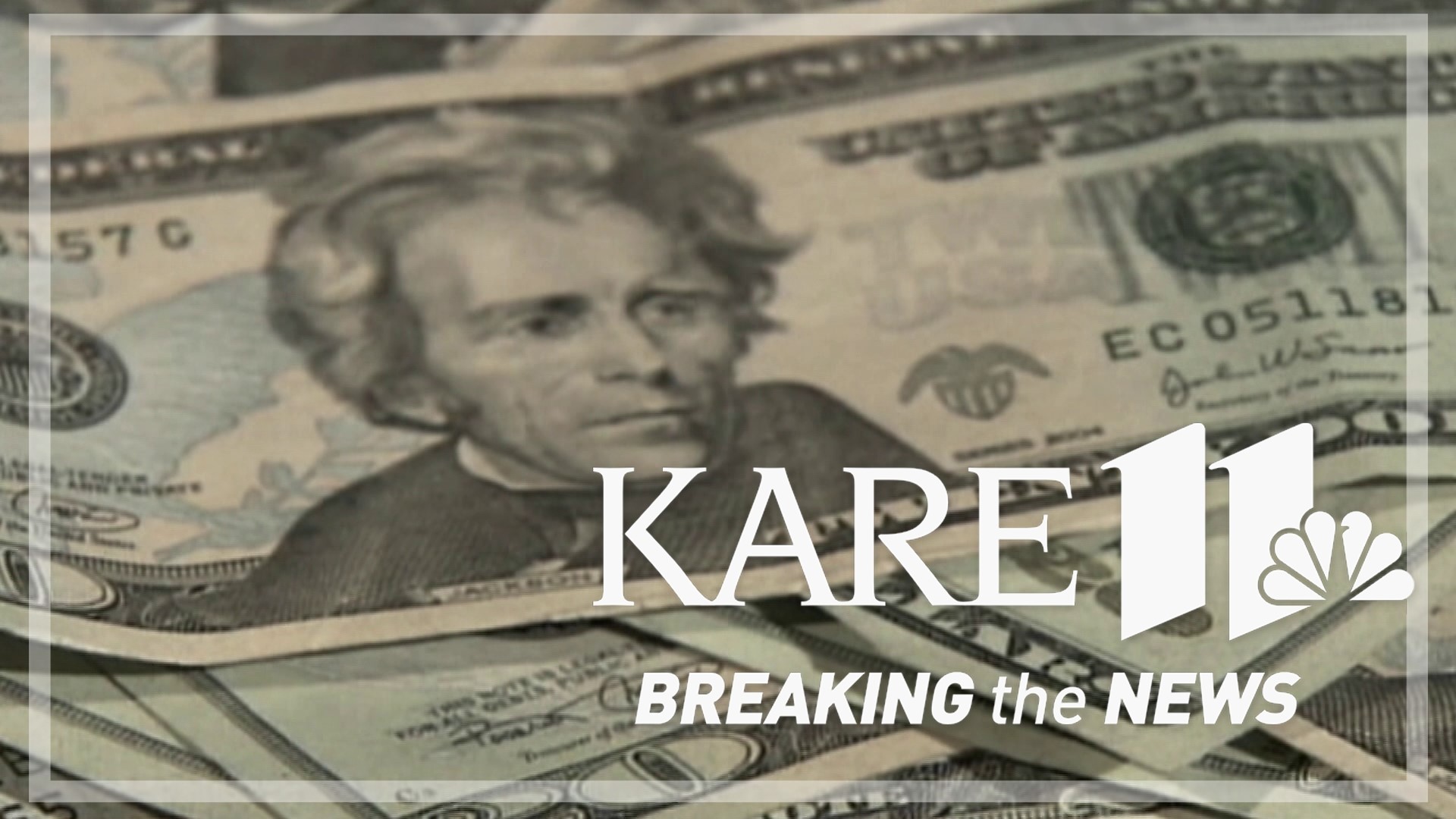ST PAUL, Minn. — If you're having a hard time understanding how you might be impacted by changing state taxes, the answer might vary widely depending on who you are.
"This is very targeted tax relief, so you have a stronger sort of division of winners and non-winners," said Mark Haveman, executive director of the non-partisan, non-profit Minnesota Center for Fiscal Excellence. "On the income tax provisions the clear winners are low income households and seniors."
According to Haveman, those two groups will see 76% of the total individual income tax cuts and credits in the new tax bill.
That includes a Social Security tax exemption for seniors who make up to $100,000 as a couple, or $78,000 as a single filer. Minnesota Republicans have criticized the exemption, calling for a full repeal of the social security tax instead, but Gov. Walz says the exemption would still cover 80% of seniors.
The other major income tax change comes in the form of a new child tax credit of up to $1,750 per child and expands the K-12 Education Credit to $1,500 per child. For a couple with two kids, the credits begin to phase out at a combined income of $35,000, and no longer apply for couples with an income of $67,083 or more.
According to the Census Bureau, the median income for a family of four in Minnesota is $115,252.
"(DFL legislators) made it clear that their purpose is to reduce childhood poverty and they are working very hard to do that," Haveman said. "But as far as income tax relief is concerned for middle income families... there's really nothing there."
That doesn't mean those families won't see a one time benefit.
The tax bill does include $260 rebate checks for individuals making up to $75,000, and $520 for couples making up to $150,000. Households with dependents will receive an additional $260 for each dependent up to three dependents.
Haveman says other major one time investments are also designed to reduce property taxes and renter's costs, but he says those will vary widely based an individual's location and other circumstances.
In addition to the surplus, he says the state is relying on more taxes on the wealthiest Minnesotans and corporations to fund some of the biggest relief into the future.
"I would describe it as the biggest fiscal transformation in state history, with respect to both the scope of what's being proposed, the scale of what we're doing and, arguably, some risk as well in terms of what we're trying to accomplish," Haveman said. "We have never been more reliant on income taxation in the state's history than we are right now, and we're taking that to another level."
The tax changes are more straightforward in the new transportation bill, and Haveman says most will see increases coming down the road. The state will begin indexing the state gas tax with inflation starting in January. The bill also raises the vehicle sales tax and annual car tab fees, imposes a three-quarter cent sales tax in the seven county metro area for transit and roads, and adds a 50-cent retail delivery fee on orders over $100 -- exempt food and clothing orders.
While that might sound like a whole lot when we have had a huge surplus, Haverman says the political reality is a bit more complicated.
"Transportation is largely not funded by the state general fund where the surplus was," he said. "That was one of the paradoxes of the whole session, in the sense that you have all this money, but because most of the money for transportation comes from dedicated funds, politically, it's always been just this incredibly difficult road to hoe."
Watch more Breaking The News:
Watch all of the latest stories from Breaking The News in our YouTube playlist:

